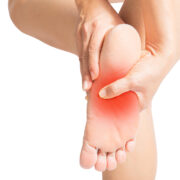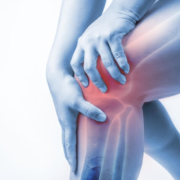Chiropractic Versus Pharmaceuticals for Headaches?
In the US, headaches are responsible for more than 18 million office visits annually, and are the most common reason for using over-the-counter medications.
It is estimated that 156 million work days are lost each year because of headaches, which translates to $25 billion in lost productivity.
In 1995, a randomized, controlled clinical trial was conducted to determine the efficacy of chiropractic care versus Amitriptyline for the treatment of headaches.
Chiropractic goes head-to-head with pharmaceuticals
Participants were randomly assigned to receive either six weeks of chiropractic or pharmaceutical treatment, which was preceded by a two-week baseline period and included a four-week, post-treatment follow-up period.
The daily headache intensity self-reported by in-patients, weekly headache frequency, over-the-counter medication usage, and functional health status using a health survey were measured in the study.
Remarkable evidence
The results of the study showed that both groups of subjects experienced an improvement at very similar rates in all primary outcomes.
Remarkably, evidence indicated that patients who received
chiropractic adjustments showed an overall reduction of headache intensity, headache frequency, over-the-counter medication usage and in functional health status at only four weeks after the adjustments.
Pharmaceuticals are NO match for Chiropractic
By comparison, patients that received amitriptyline showed no improvement or a slight worsening from baseline values in the same outcome measures.
Chiropractic care is a natural and safe method for correcting the root cause of headaches, rather than treating the associated symptoms with medication, which may have serious, long-term side effects.
Next time you have a headache: call us BEFORE you pop another pill.











Leave a Reply
Want to join the discussion?Feel free to contribute!